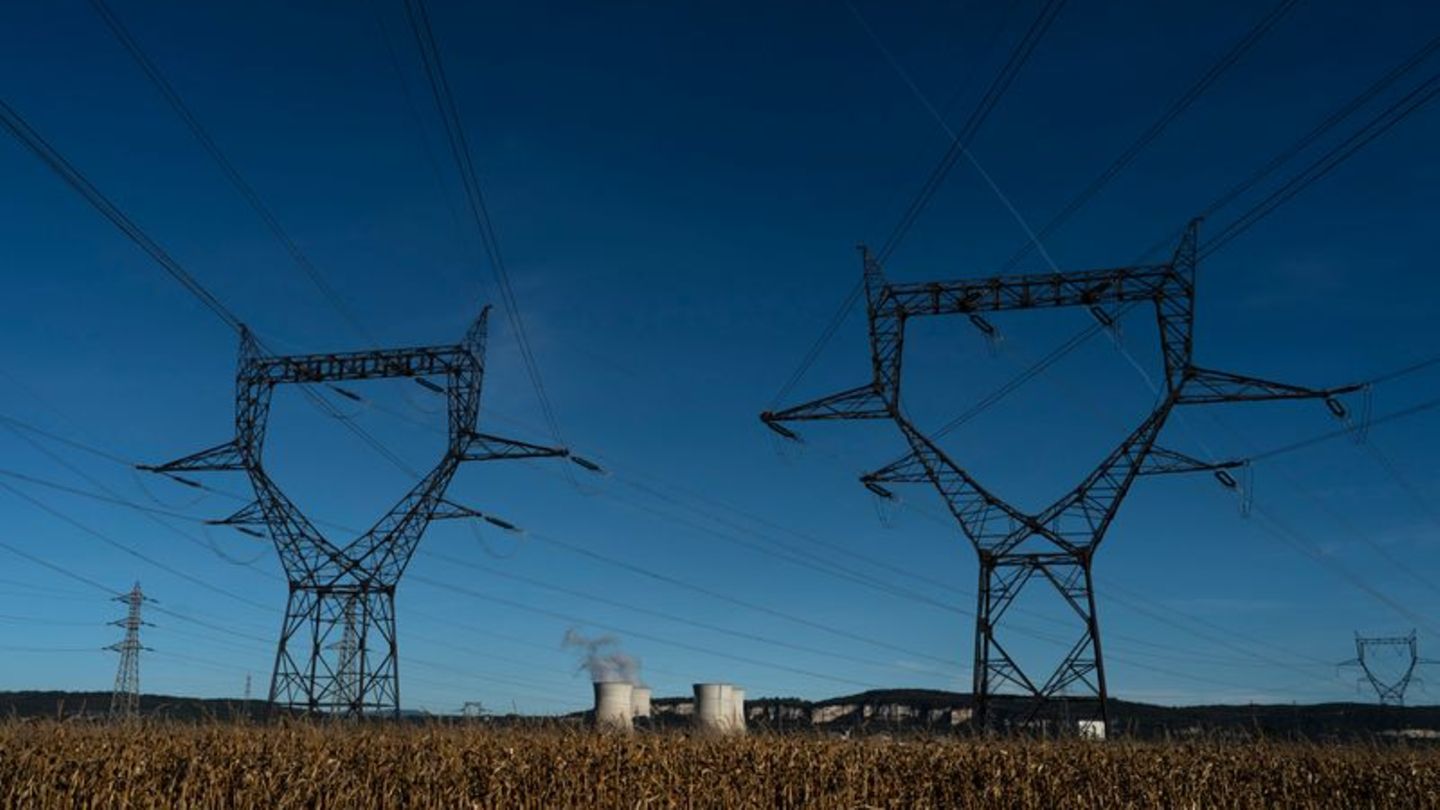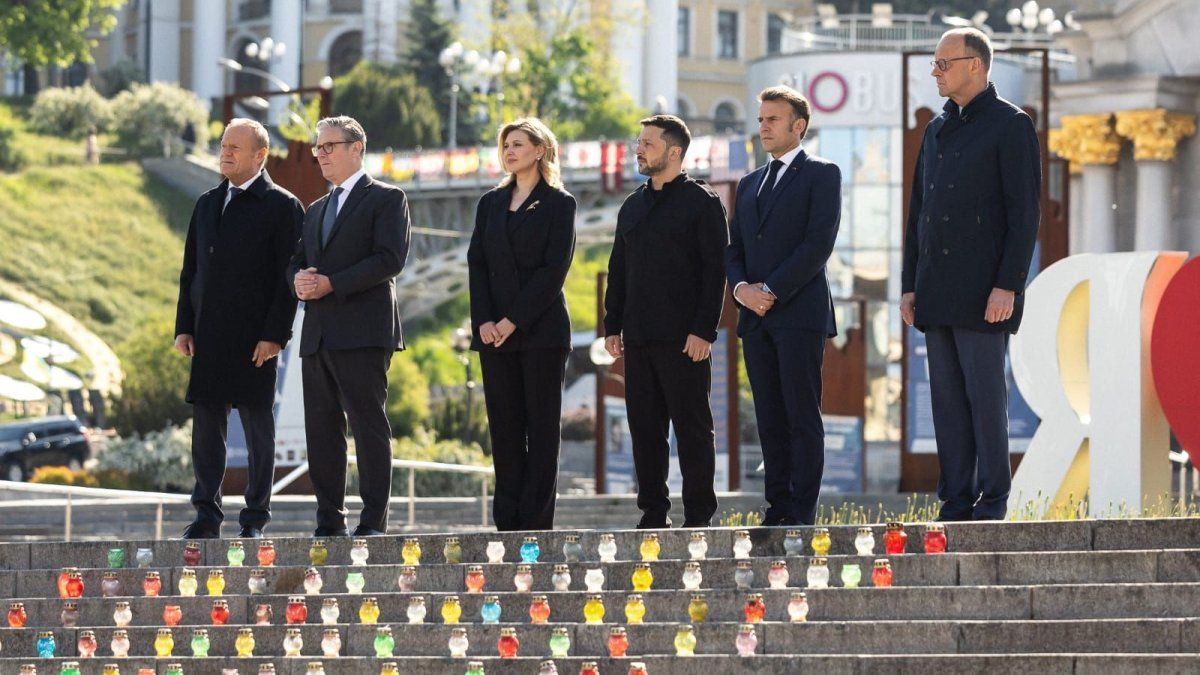The International Energy Agency predicts that more electricity could be generated from renewable energy than from coal as early as next year. However, CO2 emissions will only fall slightly.
According to a study by the International Energy Agency (IEA), the share of renewable energies in global electricity generation will exceed the amount of energy generated from coal for the first time in 2025. A rapid increase in electricity generation from renewable energies and an increase in their share of the global electricity supply from 30 percent in 2023 to 35 percent in 2025 is expected, the IEA announced in Paris.
Electricity demand increases
Global electricity demand is also expected to rise by around four percent this year, compared to 2.5 percent in 2023. The sharp rise in consumption will continue in 2025, with further growth of around four percent. Photovoltaics alone are expected to cover around half of the increase in global electricity demand this year and next – with solar and wind energy together accounting for three-quarters of the growth, the IEA predicted.
The energy agency cites strong economic activity in important economies such as India, China and the USA as reasons for the increase in electricity consumption. In the EU, however, electricity demand will grow less sharply, with forecast growth of 1.7 percent. Heat waves with increased use of air conditioning are also driving up electricity consumption, as is the expanding data center sector, which requires electricity for cooling.
Forecast: Continued high levels of coal-fired power generation
Despite the strong increase in renewables, global coal-fired power generation is unlikely to decline at least this year due to strong demand growth, particularly in China and India, the IEA said. As a result, carbon dioxide emissions from the global power sector have stagnated, with a slight increase in 2024, followed by a decline in 2025.
“Global electricity demand growth this year and next will be among the fastest in two decades, highlighting the growing role of electricity in our economies as well as the impact of severe heatwaves,” said IEA Energy Markets and Security Director Keisuke Sadamori. “It is encouraging to see that the share of clean energy in the electricity mix continues to rise, but this needs to happen much faster to meet international energy and climate goals.”
Source: Stern




